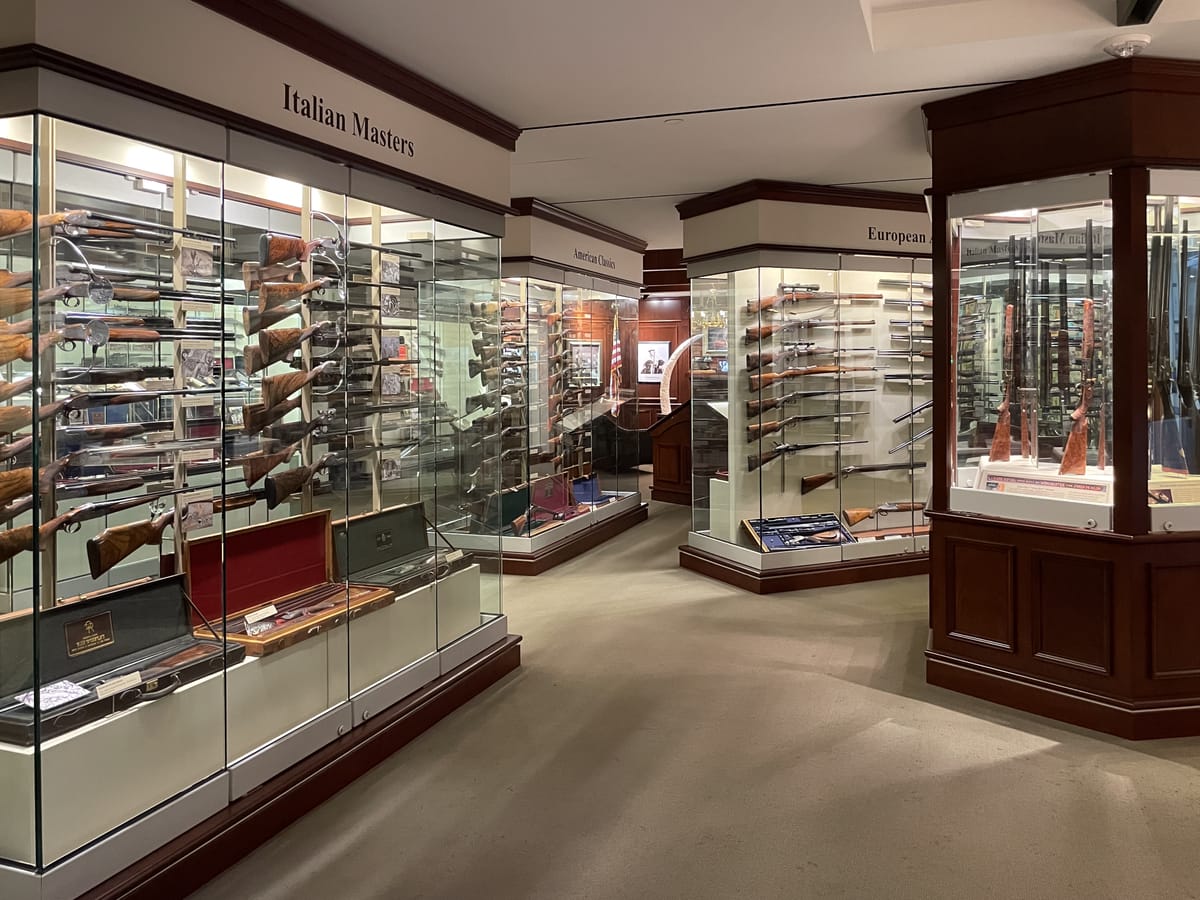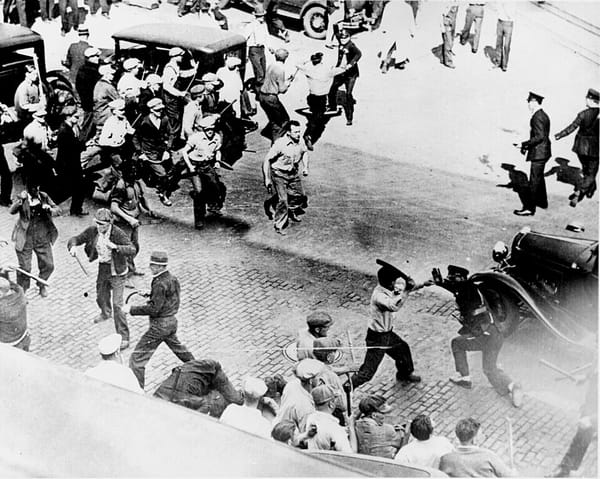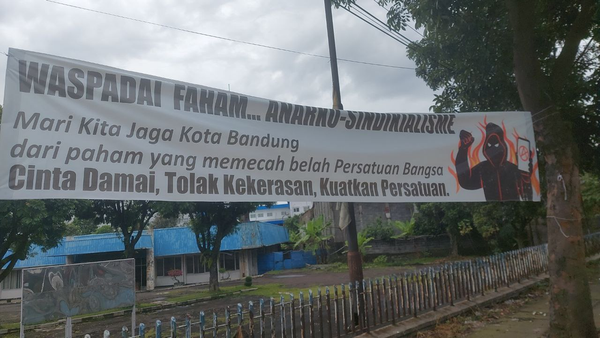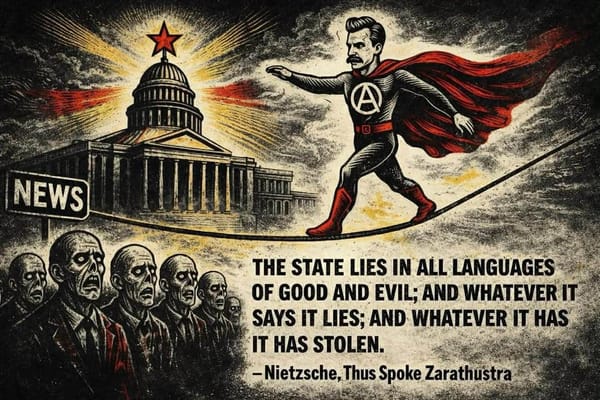On The Bourgeois US Gun Debate

The United States has been undergoing a public health gun violence emergency. We have more guns than people and bigger problems with gun violence than other 'developed' nations. Thus, regulation of gun ownership by the state is a raging debate between "pro" and "anti" gun activists, politicians, lobbyists, and constituencies. The "gun rights" side of the debate sees the second amendment to the US constitution enshrining the right to "bear arms" as making gun ownership a constitutionally guaranteed right for individuals.
They see gun rights as an integral mechanism for fighting government tyranny and crucial for fulfilling communitarian obligations to defend oneself and one's community. On the "gun control" side are those who see the second amendment as providing for collective maintenance of an armed body (the amendment speaks of a "well-regulated militia") and may also see the amendment as outdated, who demand that the government take action to regulate civilian fire-arm ownership so that gun violence levels are reduced. Most gun control advocates support the right of law-abiding citizens to own guns, and most gun rights proponents agree that there should be some regulation of gun ownership, such as background checks on those attempting to purchase firearms. Thus there is a basis for a moderate position which balances gun rights and gun control according to public health needs. Yet the debate never ends, and US gun laws tend to be entirely dependent on whether the state is republican, or democrat controlled.
This seemingly inexplicable intractability leaves technocratic policy wonks at a loss. What they are missing is that the gun debate isn't driven by policy concerns, but by ideology. The political ideologies which animate the struggle are centrist liberalism and increasingly illiberal conservativism. Centrist liberalism is the erstwhile dominant ideology of the modern world owing to the political dominance of liberal democratic government across Europe and North America. Centrist liberalism is based on the administration of the democratic state by experts some of which are elected, and others are appointed. This administration is carried out for the purpose of enforcing the social contract that upholds individual rights while providing basic necessities for all.
The basis for gun control thus becomes that the state should represent the interests of the entire society while respecting gun rights for law abiding citizens by implementing universal background checks, gun licensing laws, and bans on especially dangerous firearms. Illiberal conservativism aims to go beyond the bounds of liberal democracy in preserving traditional structures of power. The state should thus cultivate an armed citizenry as an auxiliary force to defend traditional power structures, without which chaos and iniquity would rain. As things sit democratic states have the more restrictive gun laws since the contemporary democratic party is dominated by centrist liberalism while republican states have more permissive laws owing to the republican party becoming dominated by illiberal conservatism since Obama.
Neither ideology is particularly attuned to dealing with the reality of the US gun problem. Both ideologies presuppose the monopoly on violence and well as racial capitalism. Every state including the United States has the legally exclusive ability to decide which uses of weapons and violence are legitimate. The United States, like all western nation-states, exists to cultivate a racial form of capital accumulation where profit is derived from over policing and disinvesting in communities of color. This is why the first forms of gun control in the United States were those that barred gun rights to the natives that the colonists stole land from and the Africans they enslaved.
Although the United States has a gun violence issue it is not primarily an issue of mass shootings despite the media overfocussing on such incidents. It is primarily an issue that effects black and brown Americans as a result of discriminatory practices since the 50s where profits are reaped by over policing, overincarcerating, and refusing to invest in their communities. The effect of this repression and poverty is the proliferation of firearms and outsized gun violence as whole communities are traumatized and rightly come to believe that the legal system doesn't serve them. As far as mass shootings go, despite the fact that the dominant discourse scapegoats the mentally ill who are more dangerous to themselves than others, they are often caused by alienation, social grievances, as well as jihadi and white supremacist ideology, phenomena with obvious connections to racial capitalism.
Centrist liberalism sees the nation-state structures and national capitalist economy which fuel racial capitalism as justified by the social contract. Thus, the only solution it offers are gun laws which, although they can reduce gun violence by taking away access to guns for citizens, can only be enacted by the carceral, legal, and enforcement mechanisms of racial capitalism at the root of the problem, thus ultimately fueling rather than arresting the problem. Illiberal conservatism sees the structures of racial capitalism as synonymous with traditional American culture which must be defended at all costs.
The conservative solution thus becomes arming morally upright citizens to the teeth which tends to worsen gun violence. Good guys with guns statistically fail to stop bad guys with guns as firearms become more lethal. Ultimately the ability of centrist liberals and illiberal conservatives to control gun violence via the state either by cultivating an armed citizenry or implementing gun laws as bourgeois society becomes more polarized along ethnic, ideological, and class lines will continue to diminish.
Sources
Politics, Tansey and Jackson
Gun Culture 2.0, Yamane
Gun Violence and Gun Policy in the United States, Raissan, Necci dineen, Crifassi
The Effect of Permissive Gun Laws on Crime, Donohue
Mass Shootings in the United States, Schildkraut and Geller
Social and Structural Determinants of Community Firearm Violence and Community Trauma, L. Buggs, D. Kravitz-Wirtz, J. Lund





